
Opinions
19:52, 17-Aug-2017
America's dirty little secret
Ty Lawson
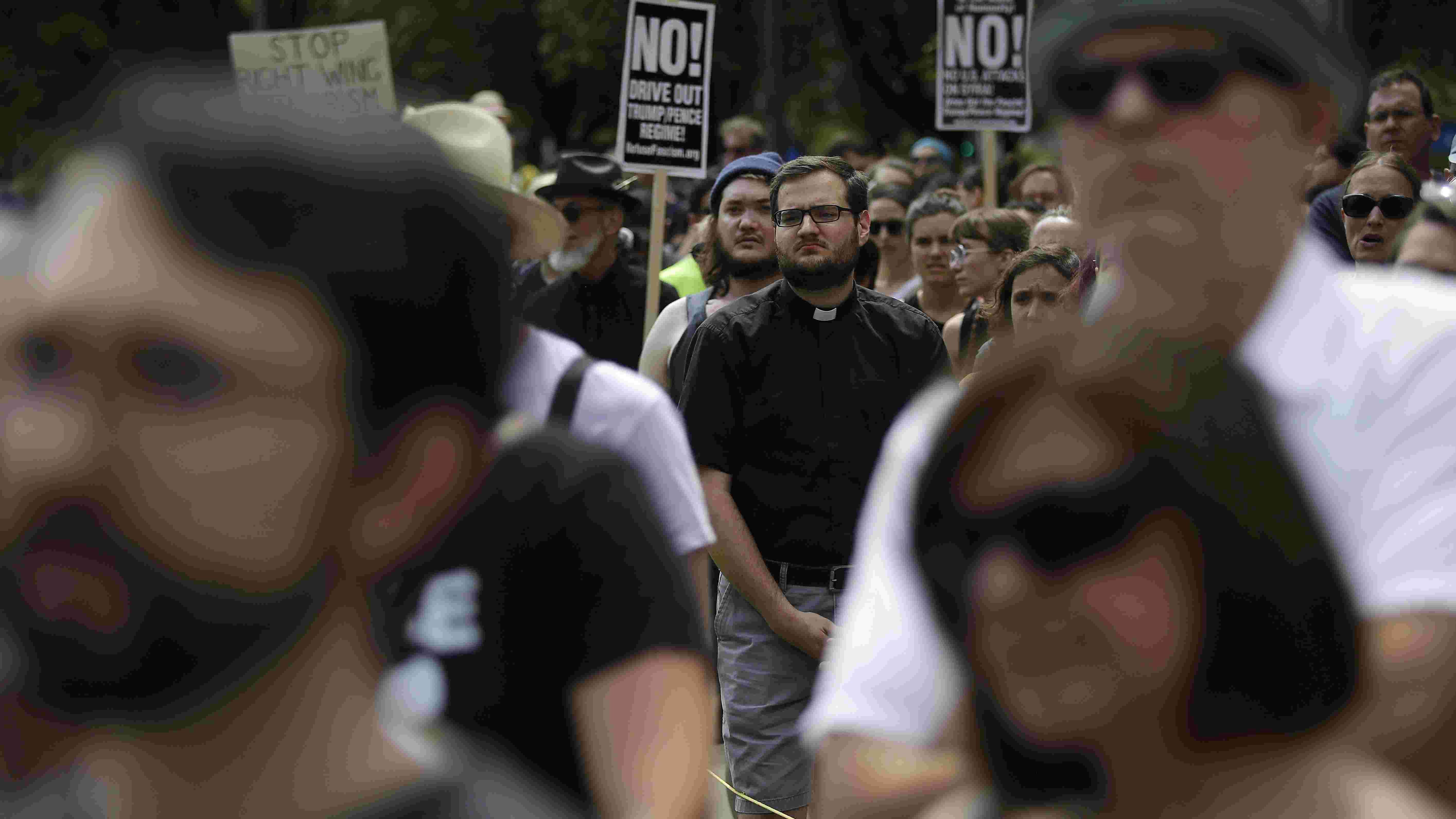
In the wake of the Charlottesville, Virginia incident and the onslaught of hatred being purported particularly in the West over the last eight months, Americans regardless of race, sex, class and socioeconomic stance must admit we have a problem – racism.
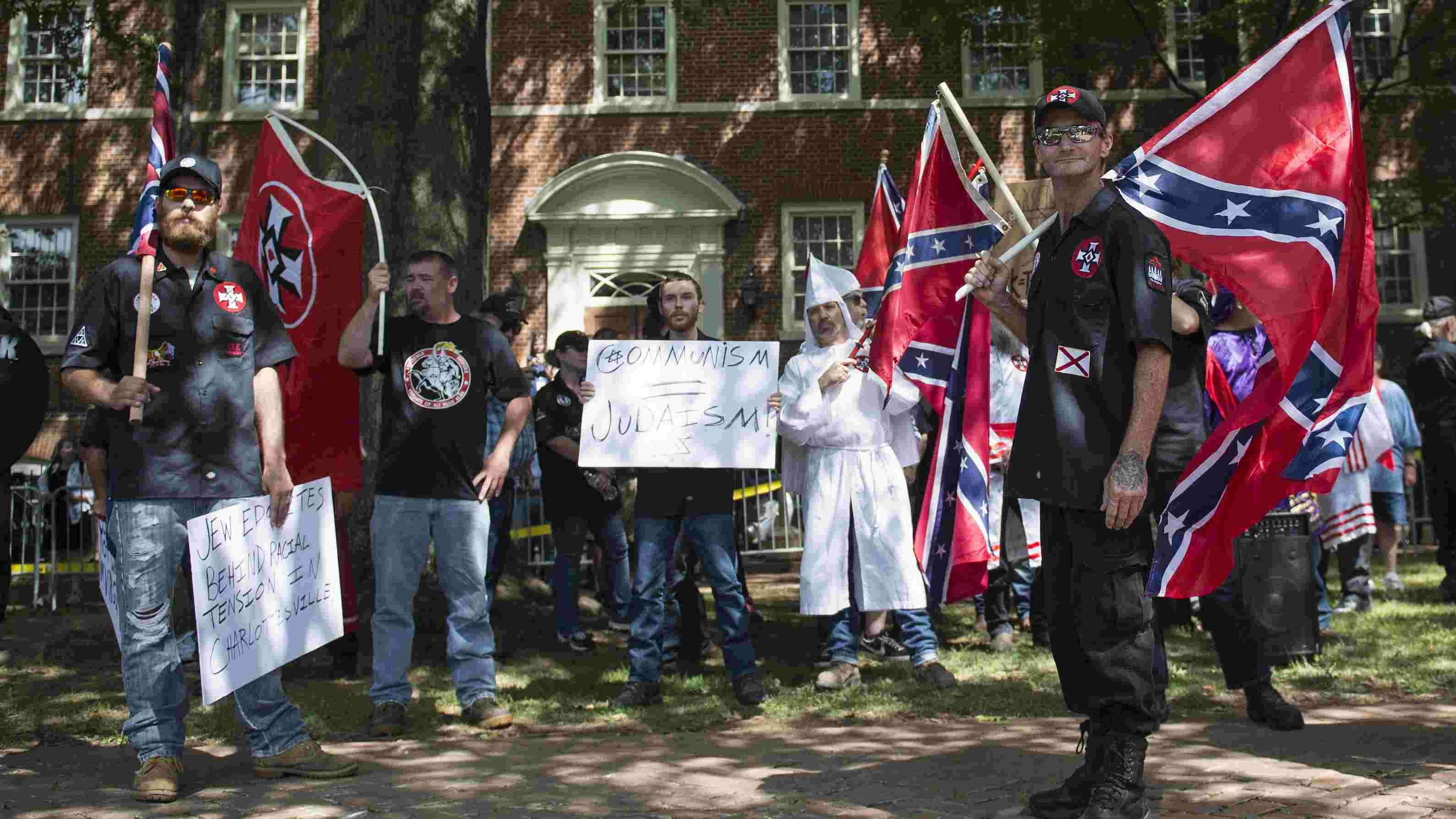
AFP Photos
AFP Photos
This six-letter word has laced the history of the US’ alleged melting pot with an often unassuming stench that is rotten to the core.
Long before current President Donald Trump took office racism had deep roots in the history of America. The first slave ship to reach the shores of America docked in Jamestown, Virginia in 1619, carrying Africans kidnapped from their homes and forced into the fields of plantations throughout the southern states.
When slavery was abolished 400 years later, Jim Crow laws took effect ensuring racism that stretched from the plantations to prisons as recently as the 1980s. But America’s dirty little secret has never just been exclusively a matter of black or white.
Beyond black and white
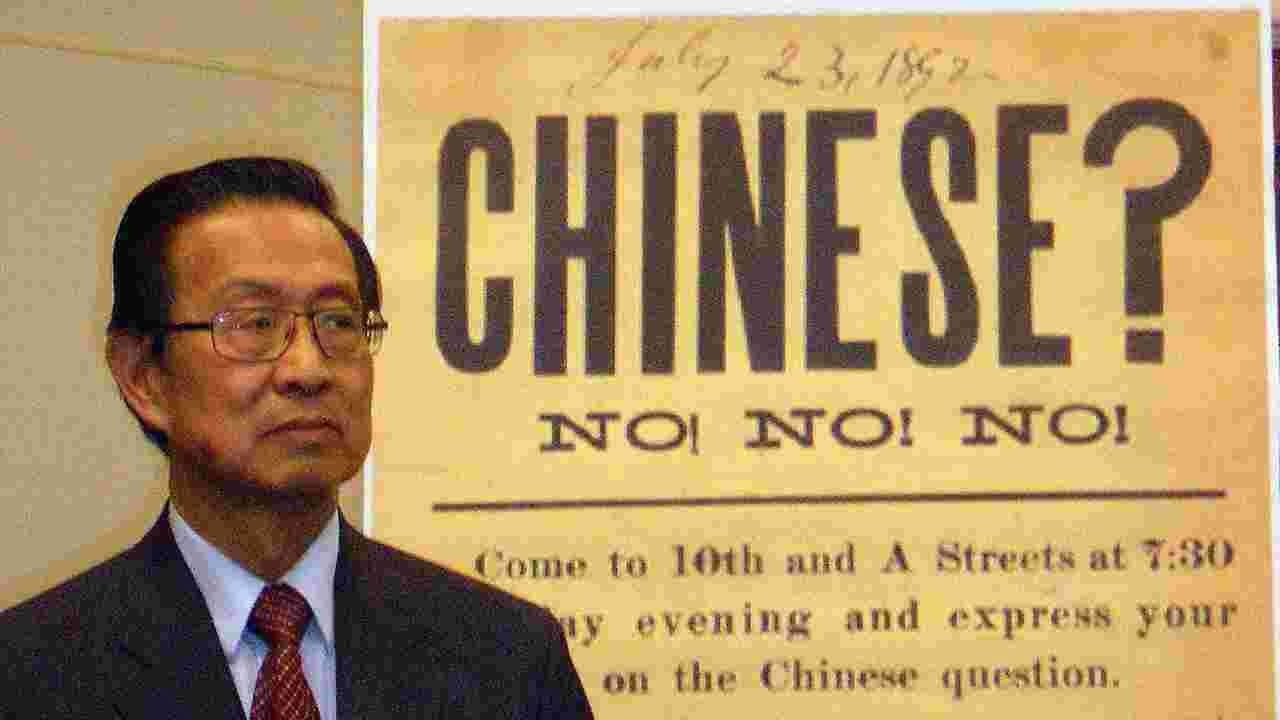
AFP Photos
AFP Photos
In the 1850s, Chinese workers migrated to the United States, first to work in the gold mines, but also to take agricultural jobs, and factory work, especially in the garment industry.
Chinese immigrants were particularly instrumental in building railroads in the American west, and as Chinese laborers grew successful in the United States, a number of them became entrepreneurs in their own right. As the numbers of Chinese laborers increased, so did the strength of anti-Chinese sentiment among other workers in the American economy.
According to the US Department of State’s Office of the Historian, this finally resulted in legislation that aimed to limit future immigration of Chinese workers to the United States and threatened to sour diplomatic relations between China and the United States.
American objections to Chinese immigration took many forms and generally stemmed from economic and cultural tensions, as well as ethnic discrimination. To address these rising social tensions, from the 1850s through the 1870s the California state government passed a series of measures aimed at Chinese residents, ranging from requiring special licenses for Chinese businesses or workers to preventing naturalization.
Because anti-Chinese discrimination and efforts to stop Chinese immigration violated the 1868 Burlingame-Seward Treaty with China, the federal government was able to negate much of this legislation.
In 1879, advocates of immigration restriction succeeded in introducing and passing legislation in Congress to limit the number of Chinese arriving in the country to fifteen per ship or vessel. Republican President Rutherford B. Hayes vetoed the bill because it violated US treaty agreements with China.
Nevertheless, it was still an important victory for advocates of exclusion.
The Trump effect
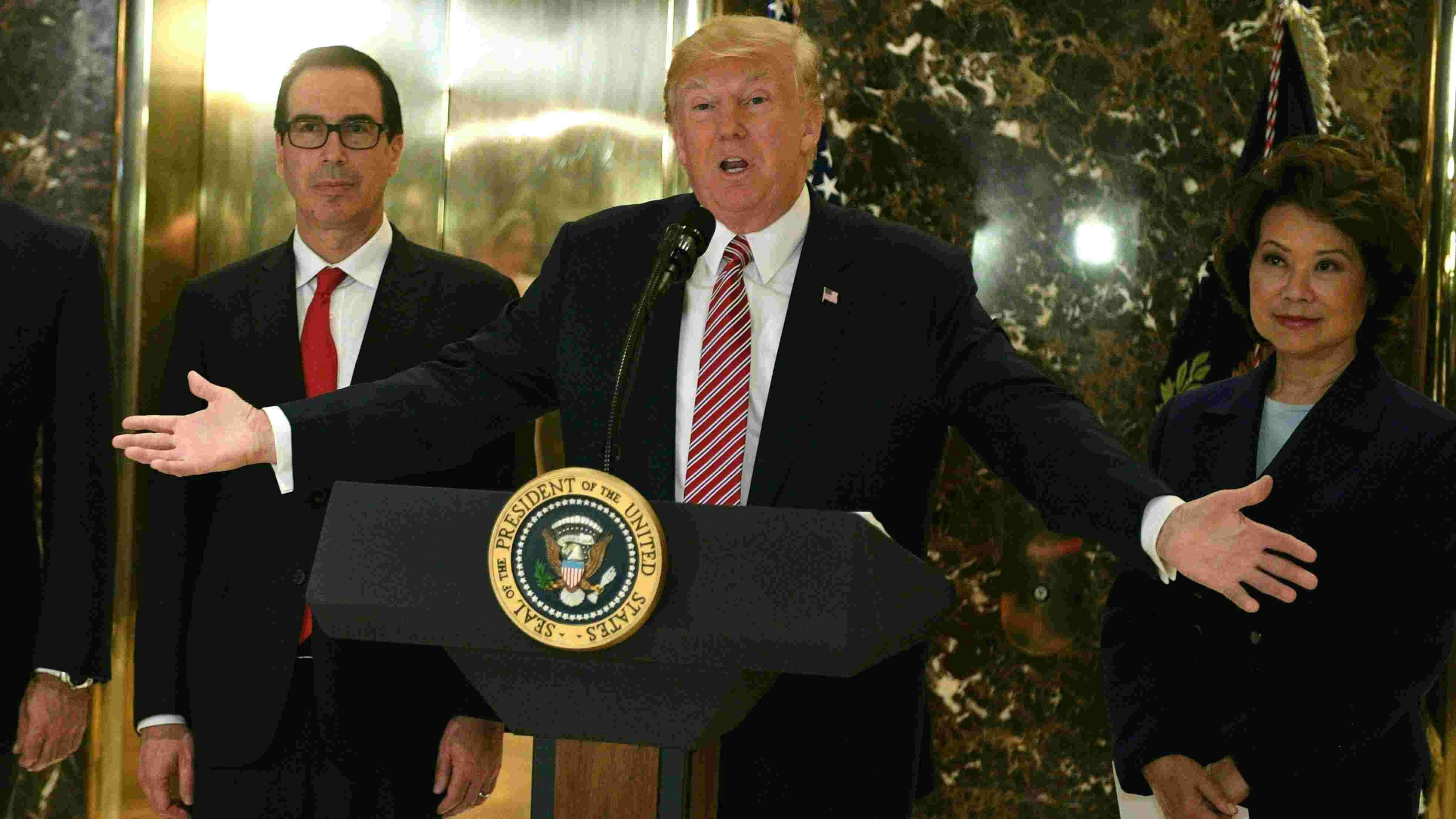
AFP Photos
AFP Photos
Since taking office, President Trump has continued to use Twitter to insult or attack any country, leader, politician or everyday citizen who does not agree with his actions.
Surprisingly, in a scripted appearance on Monday he said that no one could disagree that “Racism is evil.” This proclamation was an about face from his comments the previous day when he said there were “very fine people” on both sides of the Charlottesville clashes, and refused to condemn the white supremacists involved in the attack.
For many, Trump’s explicit condemnation came too late.
Three CEOs stepped down from a White House manufacturing council, and criticism did not subside. In typical fashion of what has become the norm for the leader of the free world, Trump took to Twitter to rant about the CEOs and his favorite target, the “fake media.”
During an impromptu speech at Trump Tower in New York on Monday, he reverted to his original message about blame being shared.
“I think there is blame on both sides. You look at both sides. I think there is blame on both sides,” Trump said, adding, "You had a group on one side that was bad and a group on the other side that was very violent."
Trump equates the actions of the "alt-left" protesters to the "alt-right."
“What about the 'alt-left' that came charging at, as you say, the 'alt-right'? Do they have any semblance of guilt?” Trump said. “They came charging with clubs in their hands."
We shall overcome
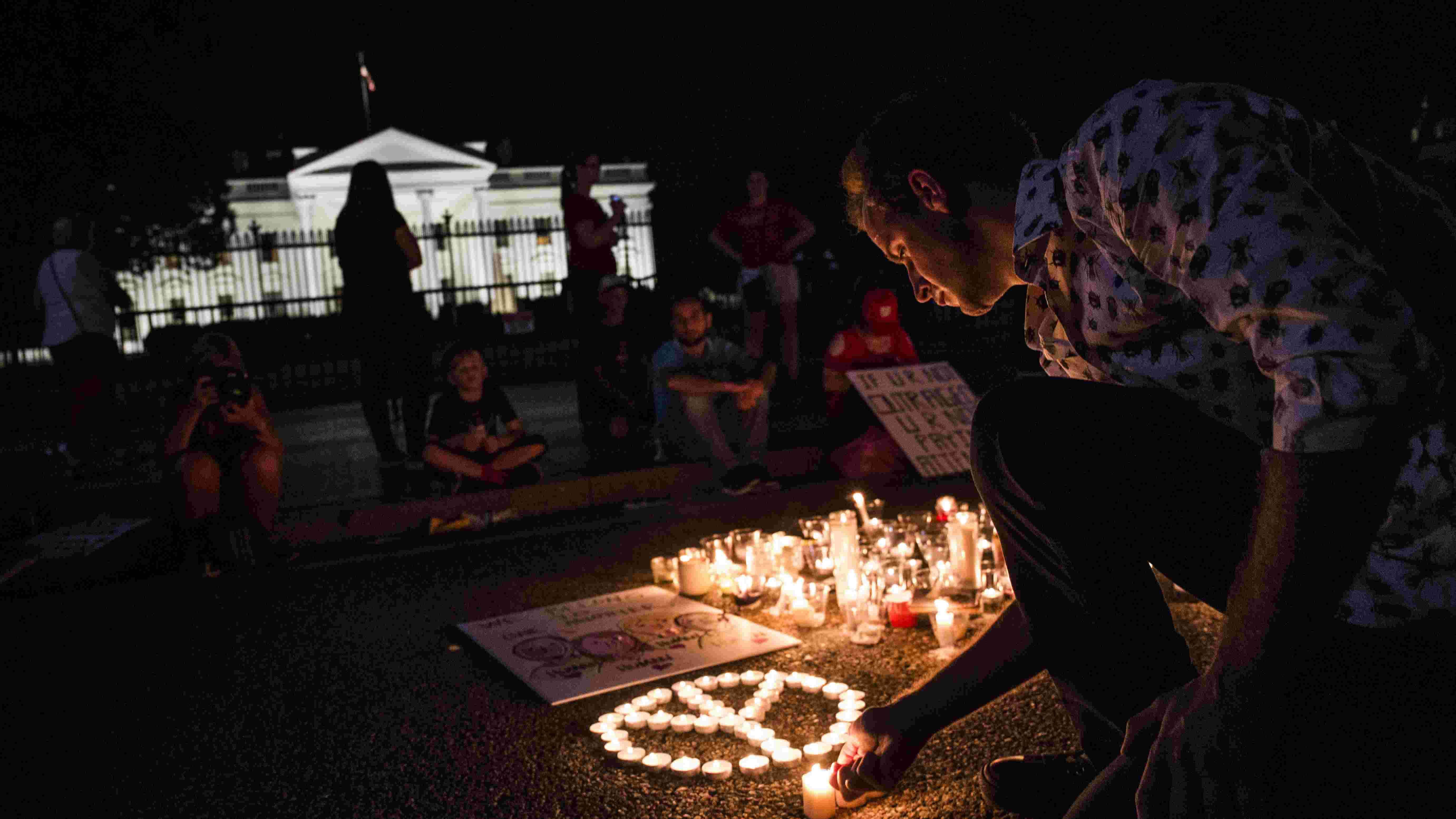
AFP Photo
AFP Photo
In every piece of publicly released video footage from Saturday’s violent attack, not one of the counter protesters are seen carrying a club or charging at anyone. In fact, they are walking away when the alleged driver, James Field, Jr rammed his car into the unsuspecting crowd killing a woman.
I get it, not everyone who voted for Donald Trump is an unapologetic racist who participates in rallies like the one in Virginia. However, some of our colleagues, neighbors, friends, and family members did so understanding exactly with whom they were aligning themselves. Although he did not win the popular vote, millions of Americans did support Candidate Trump who happily courted votes by appealing to the most despicable impulses among us.
This was not a deal-breaker, and the violence that might result from his decision to give those people a voice was a risk they were willing to take.
Now, seven months into his presidency, the fruits of his campaign are beginning to harvest. Sad to say, but Charlottesville could only be the beginning of what’s to come.
Trump fostered an environment in which people who may have once been ashamed of their deplorable beliefs-who kept quiet at social gatherings and posted anonymously on social media and dutifully covered up their racist tattoos before going to work every morning-are now utterly unafraid to show the world exactly who they are.
e-Racism
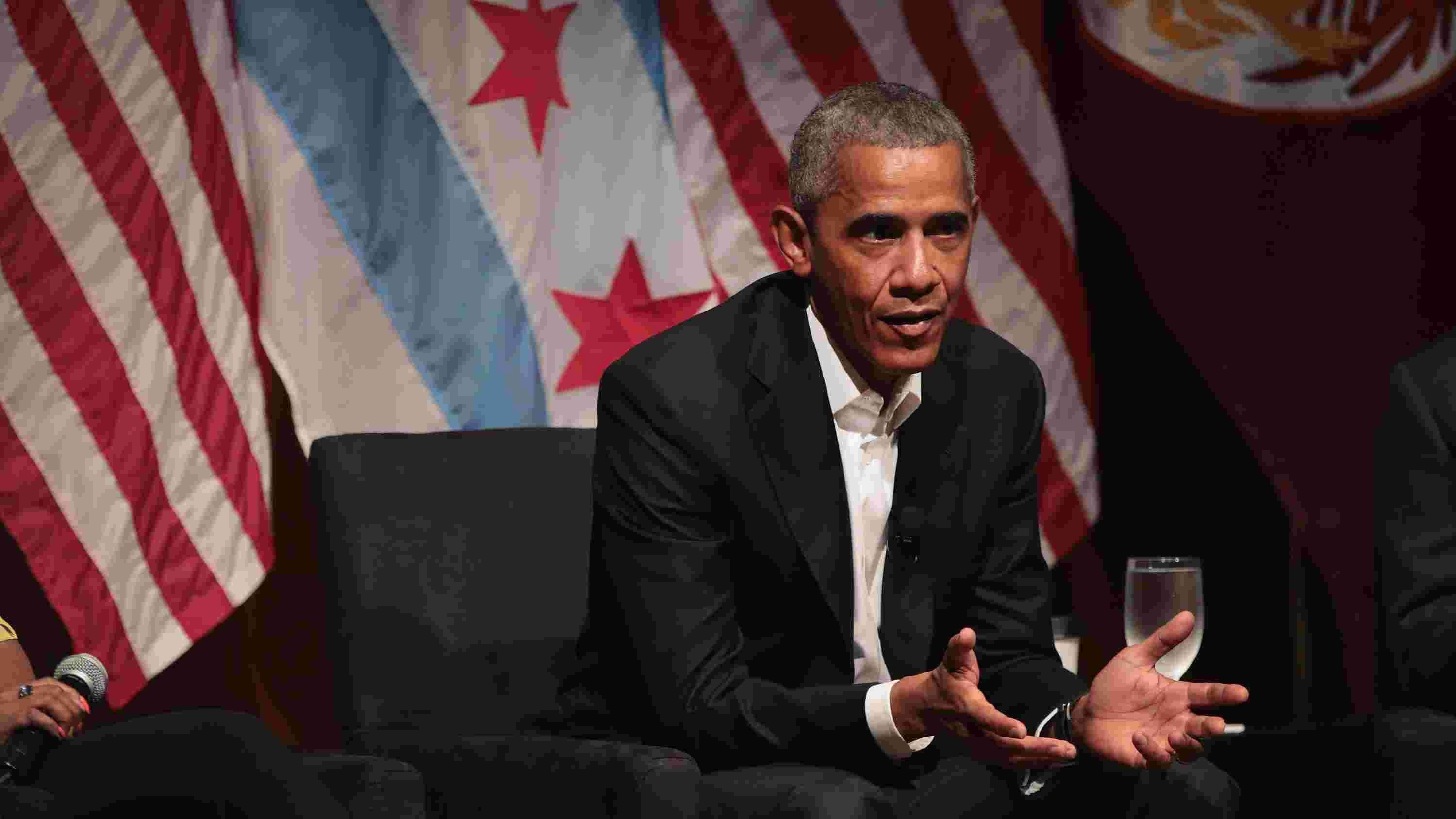
AFP Photos
AFP Photos
Hate has always existed in America. Donald Trump just made it great again. However, looking at global strides like the relationship between China and Africa, a continent often ignored and forgotten about, I am hopeful that evil does not always win.
Former US President Barack Obama's tweet reacting to the attack in Charlottesville is the most liked post in the history of the social network.
While such steps may appear minuscule in comparison to the tragedy they are resounding in reminding US how we can overcome the stain of racism echoing the words of another former president, the late John F. Kennedy: “This nation…was founded on the principle that all men are created equal and that the rights of every man are diminished when the rights of one man are threatened.”

SITEMAP
Copyright © 2018 CGTN. Beijing ICP prepared NO.16065310-3
Copyright © 2018 CGTN. Beijing ICP prepared NO.16065310-3